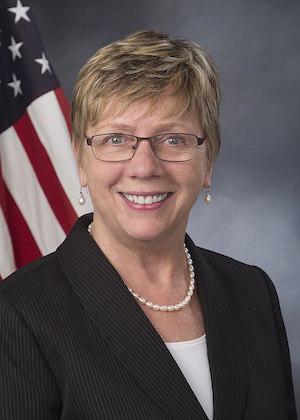ATR, CWF Applaud FLRA Chairman Kiko

On December 21, 2018, Colleen Duffy Kiko, Chairman of the Federal Labor Relations Authority (FLRA), sent a letter to the Union of Authority Employees (UAE), the union that purportedly represents FLRA employees. The letter informed the union that the law does not permit collective bargaining at the FLRA and that the contract between the FLRA and the UAE was not continuing after its December 21st expiration date.
The letter referred to the Federal Service Labor-Management Relations Statute, which was signed into law by President Jimmy Carter on October 13, 1978. The law established collective bargaining rights for most federal government workers. However, federal government employees at some agencies, such as the CIA and the FBI, were excluded. The FLRA was one of the excluded agencies.
Despite this language in the statute, the FLRA became unionized in 1980. Before becoming unionized, the FLRA asked President Carter's Department of Justice for its legal opinion on the legality of an FLRA union. The Justice Department’s brief claimed that an FLRA union was legal because there was no law prohibiting an FLRA union. In addition, the Justice Department believed that the exclusion of the FLRA from the statute only meant there could be a union if it was consistent with the law. The brief stressed that there was no legislative history explaining the exclusion or forbidding a union at the FLRA.
Interestingly, the Justice Department did point out that:
“the Authority could not be an “agency” subject to the statute and at the same time, serve as an impartial, quasi-judicial tribunal charged with the responsibility of resolving labor relations matters with respect to its own employees.”
Americans for Tax Reform (ATR) and the Center for Worker Freedom (CWF) agree.
By excluding the FLRA from the statute, Congress clearly intended that the FLRA should not be unionized. A very strong reason for why Congress excluded the FLRA is because the agency could not solve labor relation issues impartially if the issues related to employees within the agency.
A further reason for ending the collective bargaining agreement is that the statute also says collective bargaining agreements are not allowed if the bargaining unit includes “an employee engaged in administering the provisions of [the Statute].” Because employees at the FLRA administer the provisions of this statute, there shouldn’t be a collective bargaining agreement.
ATR and CWF commend Chairman Kiko for taking the appropriate steps to ensure that our laws are being followed.





